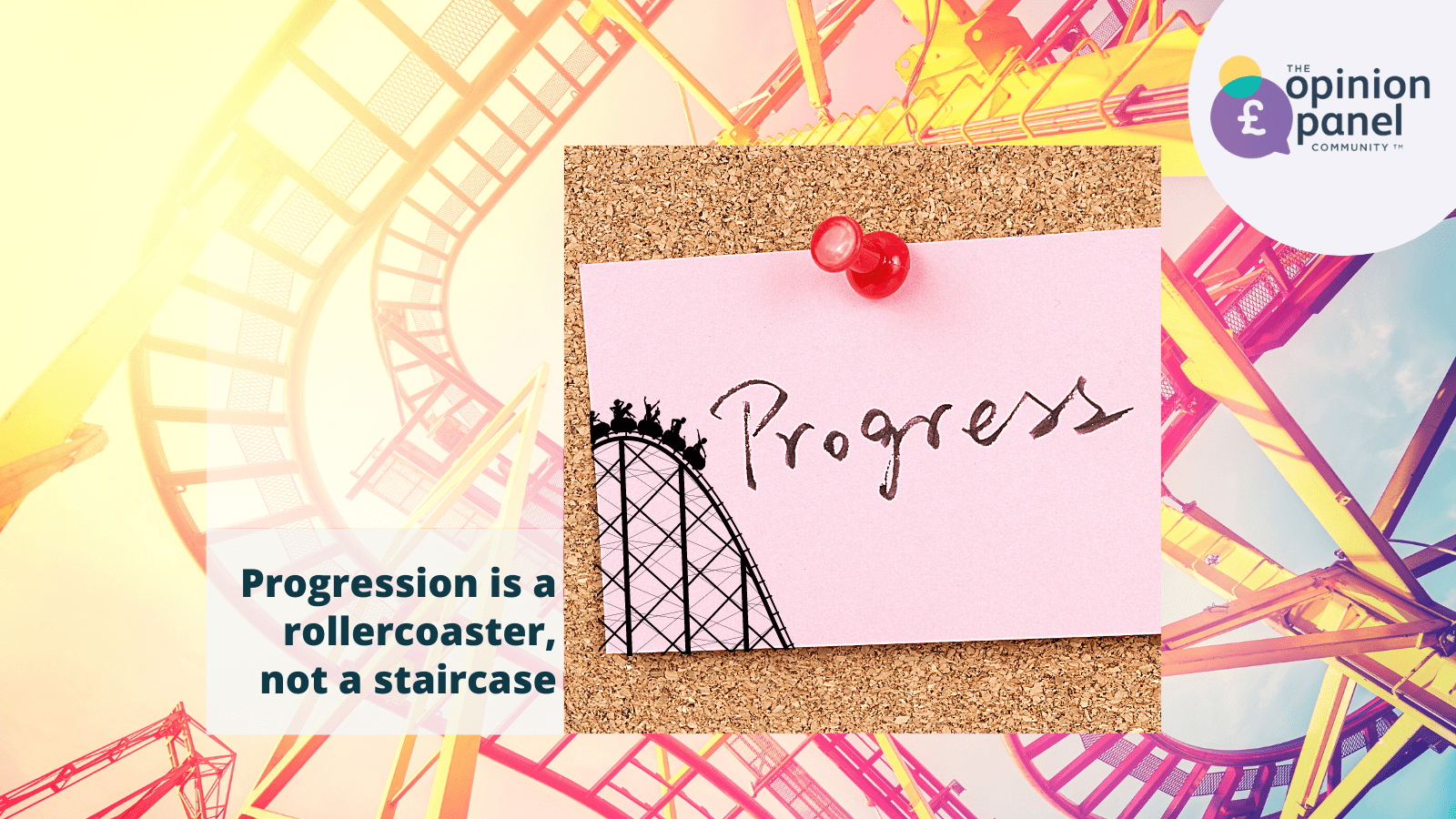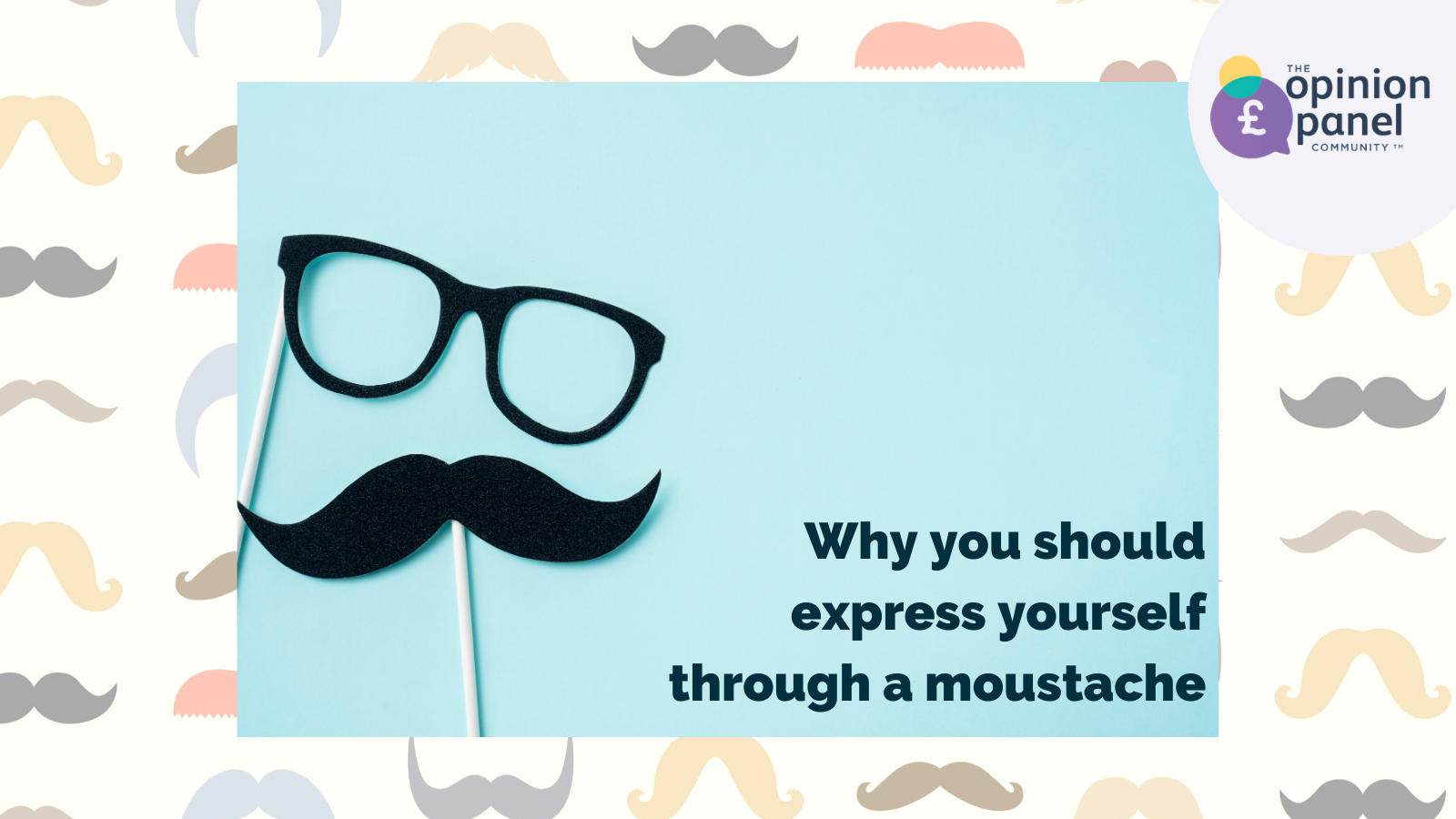
Suicide is the largest killer of men under 45 in the UK. Men are three times more likely to take their own lives than women of the same age. Why is there such disparity between men and women; could the cause be related to gender inequality?
T/W: This article contains content that discusses the topic of suicide and death.
Gender inequality acknowledges that men and women are not equal, and that gender affects each and every individual’s living experience. How many times have you heard boys being told to “man up” and to “stop crying like a girl,” because “boys don’t cry”? The unrealistic way in which we perceive masculinity and expect men to behave could be a contributing factor to high male suicide rates. However, the very nature of death by suicide means we can never fully know the reasons behind it.
From an early age, many boys learn what being a man means from family, peers and the media:
- Research has shown that mothers often talk to their daughters more than their sons about sharing feelings and identities.
- Most men in films are strong and physically violent: they often face their problems with aggression. In action films, which are more often than not aimed at men, protagonists are strong men who never express feelings of fear or despair. Unlike female characters, we rarely see them cry.
- Stereotypical male traits can be seen everywhere. Independence. Bravery. Control. Lack of “weak” emotions.
These narrow masculine standards often lead to discrimination against those who deviate from them. Our flawed ideas are so deeply ingrained in society that it is difficult to notice ourselves enforcing this stereotypical male behaviour. Yet we are. Constantly.
Just Man Up
Men are often afraid to express their struggles and emotions to family, friends or colleagues, because they fear, sometimes even unconsciously, that it is a sign of weakness. Men find it easier to talk about films, music or sport, rather than have an in-depth conversation about how stressed they are feeling at work. This can lead to social isolation and loneliness; one fifth of men have no close friends. Equally, men are also more reticent than women to seek help from a doctor, and in fact, sometimes do not even recognise that they are struggling, placing themselves at much greater risk. A UK study from 2013 found that general primary care consultation rates were 32% lower in men than women.
Mental health has gained more recognition since the Duke and Duchess of Cambridge and Prince Harry founded the Heads Together campaign in order to ensure that people are comfortable with their mental wellbeing, feel able to support their friends and families through difficult times, and that stigma no longer prevents people from getting the help they need. Following on from that, on World Mental Health Day 2018, Theresa May created the role of suicide prevention minister. The government also promised more support in schools, bringing in new mental health support teams and offering help in measuring students’ health, including their mental wellbeing.
All is not lost
Industries are now taking responsibility for the mental wellbeing of their staff as well. My dad works for a large Irish building contractor. Suicide rates in construction are higher than in any otherindustry in England and Ireland. This year alone, there have sadly been 5 suicides among site-workers. My dad’s company decided to tackle the stigma surrounding male vulnerability; recently, the company have been encouraging employees to talk about their feelings by training ambassadors to initiate conversations, and people are realising the need for support networks in a social setting. In Kent, Sands Football Club was created to support men affected by stillbirth and connect through their shared loss. Community spirit like this is what allows men support one another, primarily through the shoulder-to-shoulder principle.
I think that we, as individuals and a community, could be doing much more to move towards gender equality. We must support everyone around us by constantly encouraging mental health discussions with friends, family, peers and colleagues.
Help for those suffering:
The Samaritans 116 123
The Campaign Against Living Miserably (C.A.L.M) 0800 58 58 58
Papyrus 0800 068 4141
Childline 0800 1111
The Silverline 0800 4 70 80 90










I liked this article, the author gave interesting examples. However, it should be recognized that women are naturally more emotional than men, so it is easier for her to cope with emotions, to experience them, and this is the problem of higher suicide rates among men. It is also worth noting that these studies are also influenced by gender norms, which are imposed on us from early childhood and in the media, as the author of the article wrote.
Men should not be brought up to be ‘tough’ and not to have emotions. Personally I think that they should have just as a big of right to express their emotions as females. Media doesn’t help because they set stereotypes that men want to live up to their expectations within society of being manly and they are scared to not be accepted by society. Therefore this causes men to more express how they feel and to feel embarrassed which is just wrong. They should have just as a equal right to express there emotions as anyone else is.